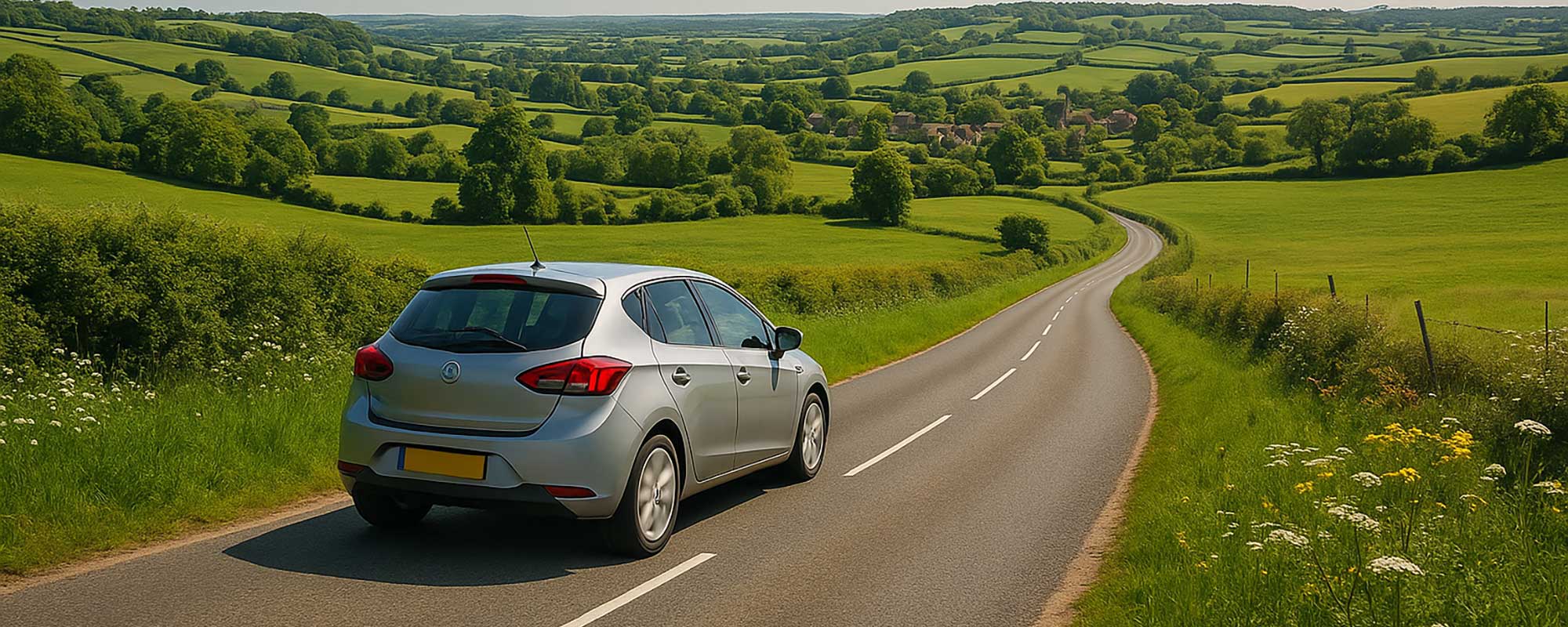How Does Age Really Affect Your Insurance; and What Can You Do About It?
Whether you're nervously clutching your first licence or casually cruising into your 70s, your age leaves a fingerprint on every quote. Sometimes it's fair. Sometimes it stings. But it always matters; and knowing how to approach it at each stage of life might save more than just money.
Age isn’t just a number to insurers. It’s a risk profile. A pattern. A prediction. But you’re not a statistic; and that’s where smart choices make all the difference.
For Younger Drivers (17–25): Finding Confidence Without Emptying Your Wallet
Everyone starts somewhere. The challenge? Insurers see inexperience, high-performance temptations, and social pressure; and they brace themselves. Premiums reflect that nervous anticipation.
- Choose a modest first car; think low insurance group, small engine, solid safety ratings
- Telematics policies might work in your favour; especially if you're a genuinely cautious driver
- Add a more experienced named driver (like a parent); it might reduce perceived risk
- Drive fewer miles; limited mileage policies might lower costs
- Avoid modifications; even cosmetic ones might push quotes up
Building a clean record takes time. But once you’ve got even one year of no-claims under your belt, things might start to look brighter.
For Mid-Life Drivers (30s–50s): Staying Smart When Life Gets Busy
This stage of life is usually when things settle. You’ve got driving experience, maybe a family car, a steady income; and far more to lose if something goes wrong. Insurers tend to see you as lower risk. But that doesn’t mean you're immune to overpaying.
- Compare regularly; loyalty doesn’t always pay, especially if you’ve changed vehicles or moved house
- Adjust your excess carefully; a higher voluntary excess might lower your premium, but make sure you could afford it
- Bundle vehicles on a multi-car policy; particularly useful if your household has more than one driver
- Double-check policy add-ons; breakdown, legal cover, or windscreen replacement might be cheaper elsewhere
- Protect your no-claims bonus if you’ve built it; one unlucky incident doesn’t have to wipe out years of careful driving
At this stage, it’s more about smart refinement than dramatic change. The small tweaks are where the savings hide.
For Older Drivers (60+): Keeping Cover That Matches Experience
With age comes wisdom; and often, a long record of responsible driving. Many older drivers have decades of experience and a well-earned no-claims discount. But there’s a flip side too: insurers might start to quietly increase premiums based on age alone.
- Reassess your annual mileage; retired drivers often do far fewer miles, and that might reduce your premium
- Ask about specialist policies; some insurers offer over-60s policies that reflect driving history and habits
- Make sure your cover still fits; if you no longer commute, say so
- Watch for age cut-offs; some policies apply limits or increase excesses after a certain age
- Don’t downplay health changes; if anything affects your driving ability, it might need declaring to the DVLA too
Experience matters; and it should count in your favour. If it doesn’t feel like it is, it might be time to look elsewhere.
Final Thought: Age Isn’t a Barrier; It’s a Clue
Your age says something to insurers. But it doesn’t say everything. You get to fill in the blanks; with your car choice, your driving habits, and how you build your policy.
Whether you're just getting started or easing off the motorway for good, there are ways to make insurance work for you. It’s not always about shaving pounds off your quote; sometimes it’s about peace of mind, knowing your cover truly fits.
So whatever stage you’re in, drive it like you mean it; and insure it like it matters.
